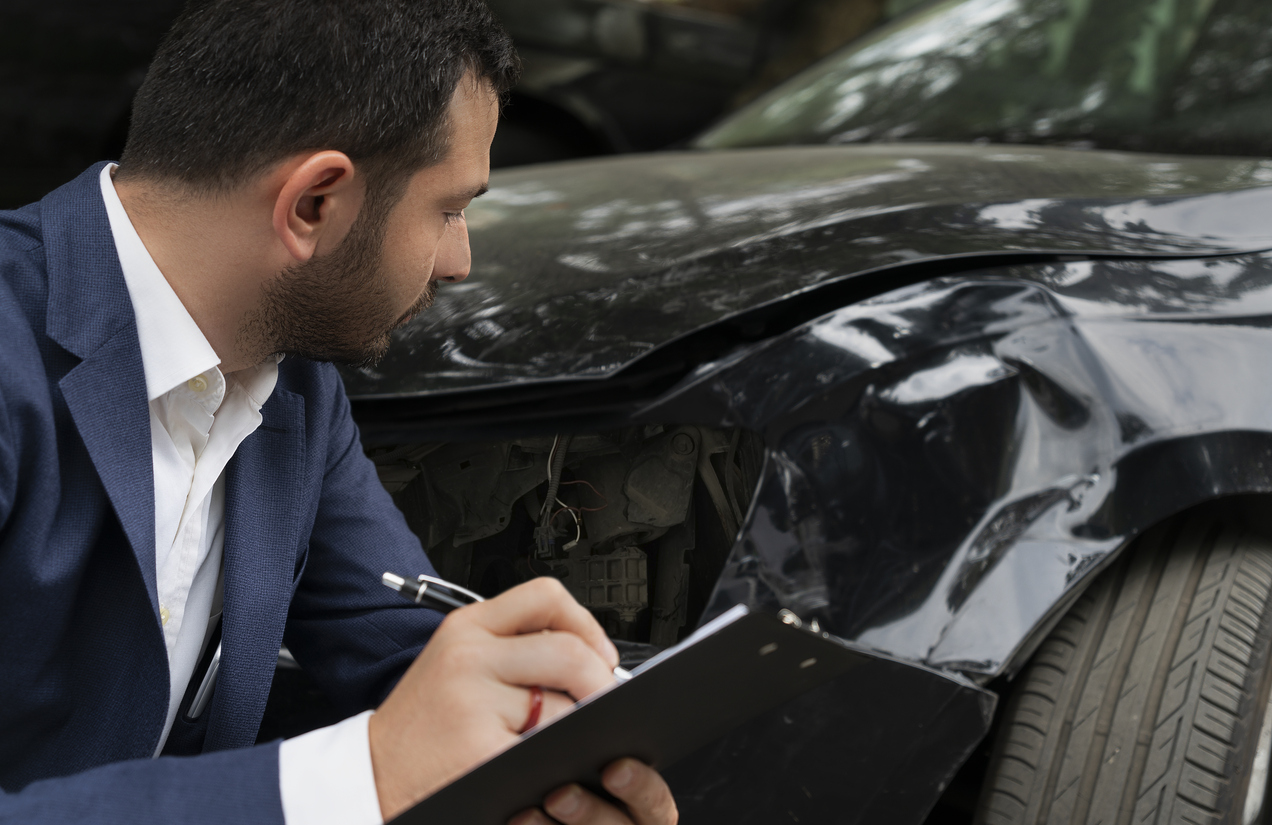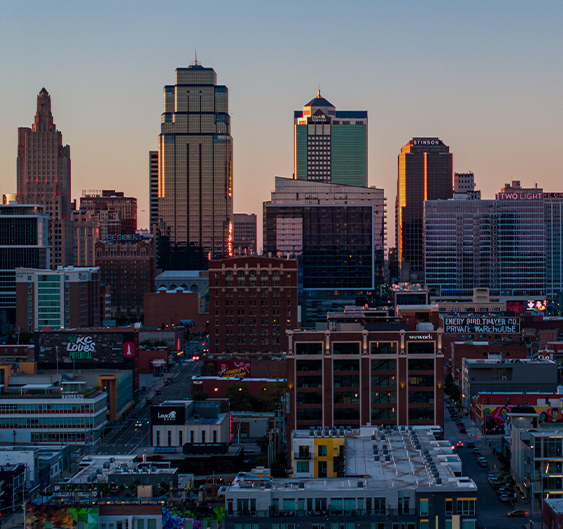
As a driver in Kansas City, you must pay to maintain a car insurance policy. If you cause a car accident, your insurance company might see you as an increased liability. The company will raise the costs of your insurance premiums to make up for what it lost in paying out your claim, as well as what it might have to pay to cover accidents you cause in the future. If you were not at fault for an auto accident, however, your car insurance rate should not go up.
When Do Insurance Premiums Increase?
In general, your insurance premium will only increase if you get into a chargeable accident. A chargeable accident is one where you were more than 50% at fault. It describes an accident that causes property damage, injuries or deaths. In Missouri, an accident must cause at least $500 worth of property damage to be chargeable. If your collision was more minor than this, your premiums should not increase. Other factors that can lead to the decision to increase your premiums include:
- The cost of the claim
- Your driving record
- A history of previous accidents
Automobile insurance works by having drivers pay for peace of mind. Auto insurance gives a driver the ability to pay for someone else’s damages in an at-fault crash, or else submit a claim to obtain compensation from another driver for a not-at-fault crash. If you get into an accident that’s your fault, the insurance company will put you into a higher-risk policyholder category. This will come with a subsequent increase in your premiums. If you were not at fault for the crash, however, your insurance rate should not go up.
When Won’t Your Premiums Go Up?
There are many circumstances in which your auto insurance costs should not increase after a car accident. The first is if the other driver caused the crash. The second is if your car was damaged in a hit-and-run accident. If you return to your parked car and find damage with no contact information, your premiums should not increase as long as you were legally parked. If the other driver involved in the crash was convicted of a moving traffic violation, but you were not, your premiums also should not increase. Finally, if the accident or damage was caused by an animal, a falling object or flying gravel, your company should not increase your premiums.
Ask Your Insurance Company About Accident Forgiveness
An increase in your insurance costs can last up to three years after a car accident. If a car accident does result in a higher premium on your next auto insurance payment, contact your company about accident forgiveness. Many insurance companies offer accident forgiveness programs on certain policies. If your policy includes accident forgiveness, your insurance rate should not increase. Contact your insurance agent to discuss the company’s policy on accident forgiveness.
How to Prove You Weren’t at Fault
If you are worried about your insurance rates increasing for a car accident you did not cause, take certain measures to ensure your provider correctly processes your claim. Keep up with the status of your claim by calling your insurance agent for updates. If you find out the company is treating the crash as a chargeable accident even though you weren’t at fault, submit evidence to help prove the other driver’s liability.
- A police report citing the other driver for a traffic infraction.
- Eyewitness statements (from non-family members) saying the other driver was in the wrong.
- Testimony from crash experts, such as reconstructionists, on how the crash occurred.
- Photographs and video footage painting the other driver as the at-fault party.
- The other driver’s signed admission of guilt under oath.
If you need assistance proving fault during a car accident case, consult with an attorney in Kansas City. An attorney can return to the scene of the accident for you and gather evidence of the other driver’s fault. A lawyer can also take over negotiations with your insurance company about a settlement or premium increase, if necessary.
Contact The Kansas City Car Accident Lawyers At Dickerson Oxton in Kansas City, MO
For more information, contact the Kansas City, MO personal injury law firm of Dickerson Oxton to schedule a free initial consultation.
We serve in Jackson County and its surrounding areas across Missouri:
Dickerson Oxton – Kansas City Office
1100 Main St #2550, Kansas City, MO 64105
(816) 268 1960
Hours: Monday to Thursday,
from 8 am – 5 pm
